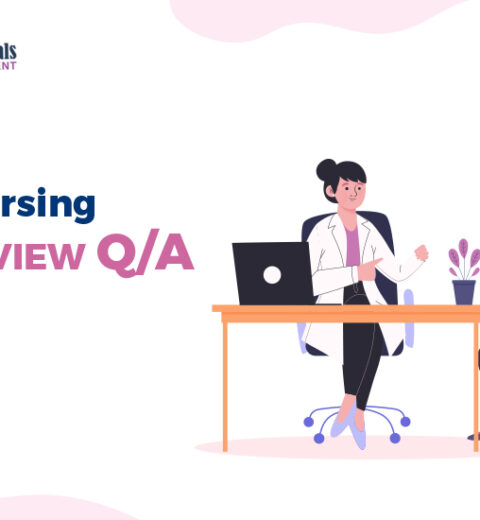If “how to write a great CV” is constant your question, we have something to tell you.
Studies show that recruiters typically only spend seven seconds scanning a CV before deciding whether a candidate is qualified for the job. The job hunt scenario is very challenging out there and the first impression is crucial to your success. We have collated seven straightforward but powerful cv writing tips and strategies you can use to differentiate your resume from the competition.
How to write a great CV? Seven steps to perfect your CV
Use strong words
Powerful words will draw attention to your accomplishments and increase the impact of your resume. Use adjectives like adaptable, creative, implemented and achieved to describe each of your roles. Then, present convincing results or outcomes to demonstrate your success.
Make sure you read the job description and understand what the recruiter is looking for because many companies use database software to filter out candidates who don’t use specific keywords.
Give a list of your courses, training, and education
Initially, only include the most recent information that is pertinent or necessary for the position you are applying for. It’s critical to highlight any areas in which you may have acquired new skills or can benefit the organisation.
Limit yourself to no more than two A4 pages
A strong CV is unambiguous, and succinct, and makes every point required without waffling. Keep things brief and simple; you don’t need pages and pages of paper. A resume gives you the chance to reassure a potential employer by checking the appropriate boxes.
And the likelihood of landing a job interview increases if everything is satisfactory. Additionally, it’s unlikely that employers will read every CV given that they regularly receive dozens of them.
Read and understand the position description
Read the details in the job application from beginning to end because they contain hints. Take notes and organise them into bullet points, highlighting the details you can and cannot satisfy.
Fill in the gaps with the skills you already have by adapting them to the areas where you fall short. There is nothing stopping you from using any retail work you have done, even if it was only to help pay the bills while attending university, for example, if the position in question calls for someone with sales experience. It will highlight the abilities you do possess and highlight how transferrable they are.
Customize CV to the position
Create a CV specifically for the position once you’ve determined what it entails and how you can meet each requirement. Keep in mind that a generic CV does not exist. Don’t be lazy and send a generic resume in the hopes that it will be accepted; it won’t. Every CV you send to a potential employer should be customised for that position.
Each time you apply for a job, make a new CV. Simply modify the details so they are pertinent rather than rewriting the entire piece.
Making the most of skills, interests, and experiences
Don’t forget to list important skills that can set you apart from the competition in the skills section of your resume. These might include abilities in teamwork, problem-solving, communication, computers, and even a foreign language. Think carefully about what you’ve done to develop your skills. Even if you use examples like playing on a neighborhood sports team or joining a volunteer organisation, it’s all relevant.
Under interests, draw attention to the activities that demonstrate the skills that employers are looking for. Give any instances where you have had leadership roles, working in a team, or otherwise demonstrated your ability to act independently.
Use words like “developed,” “organised,” or “achieved” in the work history and experience sections to be assertive and positive. Try to connect your newly acquired skills to the position for which you are applying.
Consider the experience you have acquired from previous employment, even if it was just a job at a restaurant. Every little bit helps.
Including references
References ought to come from former employers who can attest to your qualifications and experience. It’s acceptable to use a teacher or tutor as a referee if you’ve never worked before. If you can, try to include two.
Keep your CV updated
It’s critical to regularly review your CV and update any gaps in knowledge or experience. Make sure they’re listed, for instance, if you recently completed some volunteer work or worked on a new project. Potential employers are always impressed with applicants who go above and beyond to advance their own skills and experience.
Concluding thoughts
Although creating the ideal CV can take some time, it gives you the chance to highlight your accomplishments and skills to the employer. The more you research the position and the market, the better prepared you will be to stand out with your resume. Thank you for reading our cv writing tips, and good luck with your job search! Connect with us, if you are looking for locum agency jobs in the UK. Our team would be happy to help you!





